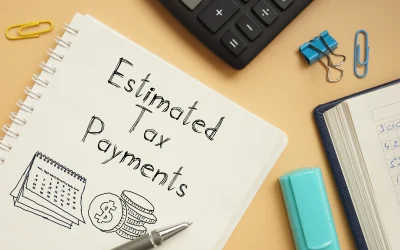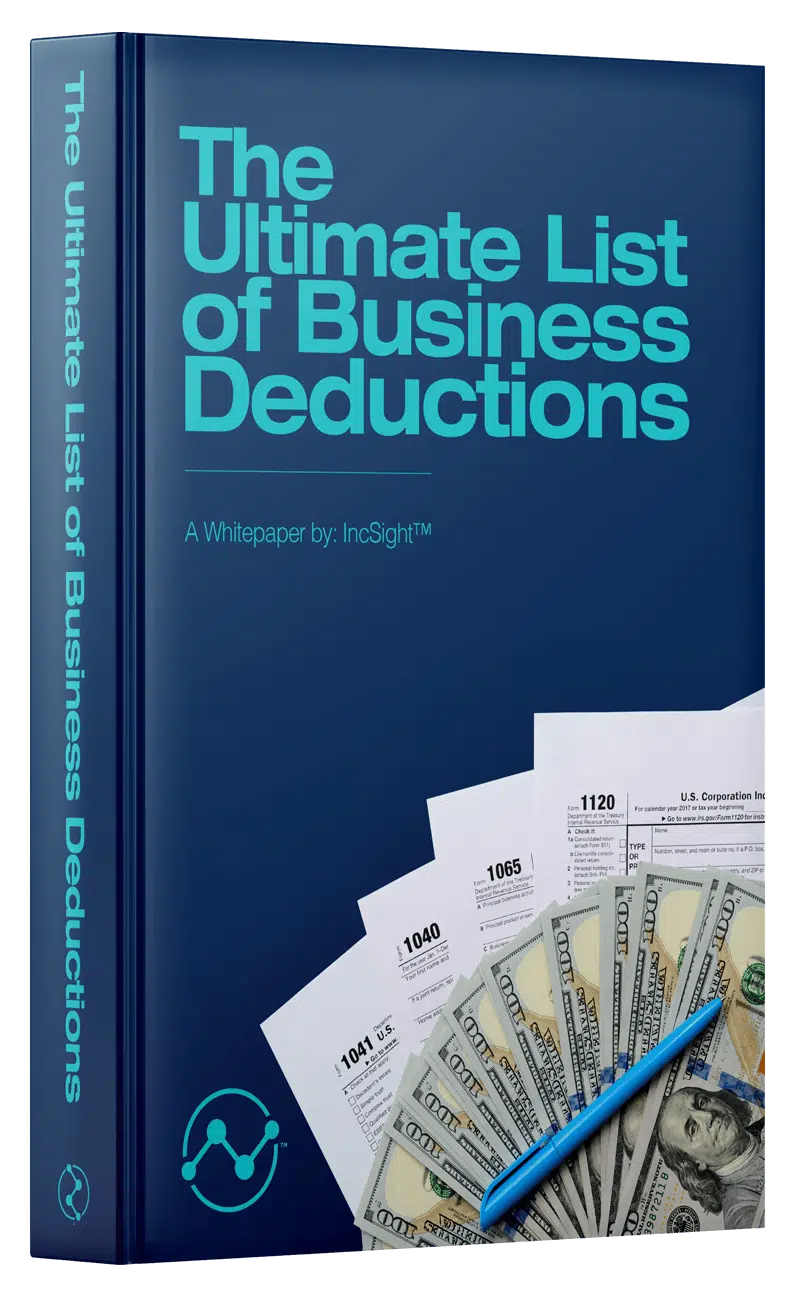There is a chance that this is the first time you heard of this “Corporate Transparency Act”. Soon it will affect nearly all business owners around the country and we want to ensure you are up to speed so you can be prepared and have it on your radar.
We had a special guest, John R. Strohmeyer from Strohmeyer Law, on to discuss what you need to know about these upcoming changes. John is one of the leading experts on this topic and you will find his information extremely helpful.
Background
Back in 2020, Congress enacted the Corporate Transparency Act (CTA), which requires every business entity formed or registered to do business in the US to provide information about the people who ultimately own or control the entity to the Financial Crimes Enforcement Network (FinCEN, which is part of the Department of the Treasury). FinCEN will store that information in a database for use by law enforcement agencies. The database will not be publicly accessible.
Why did they do this?
The CTA follows similar requirements in other nations to combat illicit activity, such as corruption, money laundering, terrorist financing, and tax fraud. Put another way, this is to limit Vlad the Kleptocrat, Klaas the Narcotrafficer, and Alphonse the Money Launderer from doing bad things with their ill-gotten gains. Of course, these requirements will not only affect the bad guys, but all business owners, corporate officers, and entrepreneurs.
What will need to be done?
Starting on January 1, 2024, “Reporting Companies” (entities subject to the CTA) must file a “beneficial owner report” with FinCEN, which includes each Beneficial Owner’s full legal name, date of birth, and residential street address, an identifying number from a legal document such as a driver’s license or passport, and an image of that identification document
A Reporting Company created or registered on or after 1, 2024 will also be required to report its “Company Applicant.” Each Reporting Company can have a maximum of two Company Applicants. These two individuals will be one of these options.
- The individual who is primarily responsible for directing or controlling the filing an application to form or register a corporation, limited liability company, or other similar entity under the laws of a state or Indian Tribe. In other words, the advisor telling someone to form the Reporting Company (e.g., the attorney in charge of planning).
- The individual who directly files the document to create or register the Reporting Company, such as a paralegal who clicks the “submit” button to form the Reporting Company with the Secretary of State.
Top Things to Know Now
- This requirement will go into effect on January 1, 2024, and there are significant fines for failing to report. Entities, such as corporations, LLCs, limited liability partnerships, limited liability limited partnerships, and business trusts, formed on or after January 1, 2024 will have to report beneficial ownership information within 30 days of being formed. Entities formed before January 1, 2024 must file their initial report before January 1, 2025.
- Nearly every business will be affected. The reporting requirements will apply to almost every small business that is not a sole proprietorship or general partnership—over 30 million in all.
- There are 23 exemptions from reporting beneficial owner information, generally for entities already subject to some level of existing government oversight (such as public utilities and 501(c) organizations). “Larger Operating Companies” with over 20 full-time employees, a physical location in the USA, and $5 million in gross receipts are exempt from reporting beneficial owner information. But even if an entity is exempt from reporting beneficial owner information, it must still file a report to claim its exempt status.
- Neither the CTA nor the regulations contain any exemption for legal or accounting firms from reporting beneficial owner information. While there is an exception for the few public accounting firms that are registered under Section 102 of the Sarbanes-Oxley Act, there aren’t many of those firms.
- An entity can have many Beneficial Owners, and it may not be easy to identify them all. There are two broad categories of beneficial owners: any individual who owns 25 percent or more of the entity, and any individual who, directly or indirectly, exercises “substantial control” over the company. Substantial control is a broad definition that includes, among many other things, serving as a senior officer, having the ability to appoint or remove senior officers, and having the ability to make or approve major decisions for the entity. Because of this broad definition of “substantial control,” individuals with no ownership stake in the entity will be listed as a Beneficial Owner.
- Entities formed on or after January 1, 2024 will also need to report information about the entity’s Company Applicants. These would be the one or two individuals who assist with the formation of the entity, either by advising on formation of the entity (as an advisor) or by filing the paperwork necessary to form or register the entity to do business.
- If any of the reported information changes (e.g., if the Beneficial Owner moves, or a an LLC qualifies as a Large Operating Company), then the entity will have 30 days to file an updated report with FinCEN.
What Will Be Reported?
Every Reporting Company must report the following information about itself.
- its legal name, and any trade name or assumed name (DBA)
- its address
- the jurisdiction in which it was formed or first registered
- its taxpayer identification number
Every Reporting Company must report the following information about every Beneficial Owner (individuals with 25% ownership or Substantial Control).
- the Beneficial Owner’s full legal name
- the Beneficial Owner’s birthdate
- the Beneficial Owner’s residential address (and not a P.O. Box or advisor’s address)
- the unique identifying number from a non-expired driver’s license, identification document, or U.S. passport (a non-expired foreign passport can be used if the individual does not possess one of the other documents)
- an image of the identification document
Reporting Companies formed or registered on or after January 1, 2024 must also report the following information about each Company Applicant.
- the individual’s full legal name
- birthdate
- the Company Applicant’s business address
- the unique identifying number from a non-expired driver’s license, identification document, or U.S. passport (a non-expired foreign passport can be used if the individual does not possess one of the other documents)
- an image of the identification document
There’s more to come–we’ll get more information as the year progresses. FinCEN should release the form soon, as well as a registration system.
- The Time Is NOW To Start Paying Less In Taxes. Join Our Tax Minimization Program (w/ Stress Free Bookkeeping Training)!
What you’ll get:
- Library of Tax Strategies, Implementation Guides, Videos, Downloads, etc.
- Stress Free Bookkeeping Training Program
- Ask A Pro – Unlimited email access to our team, it is like having an accountant in your back pocket!
- Monthly Group Trainings
- Private Facebook Group
- Partner Directory








